Cameraperson
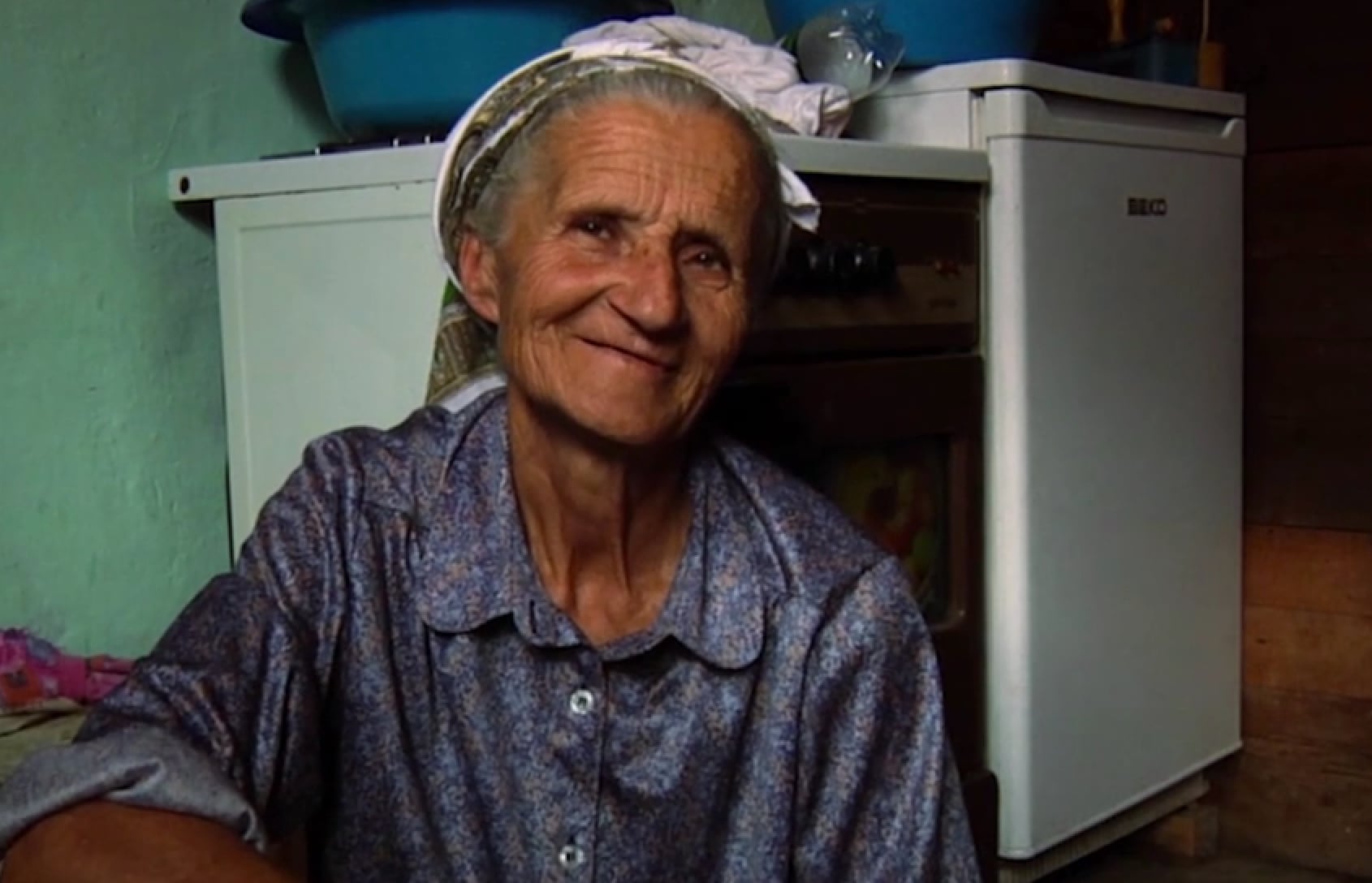
What does it mean to film another person? How does it affect that person – and what does it do to the one who films? A boxing match in Brooklyn; life in postwar Bosnia and Herzegovina; the daily routine of a Nigerian midwife; an intimate family moment at home: these scenes and others are woven […]
The Māori-Made Collection
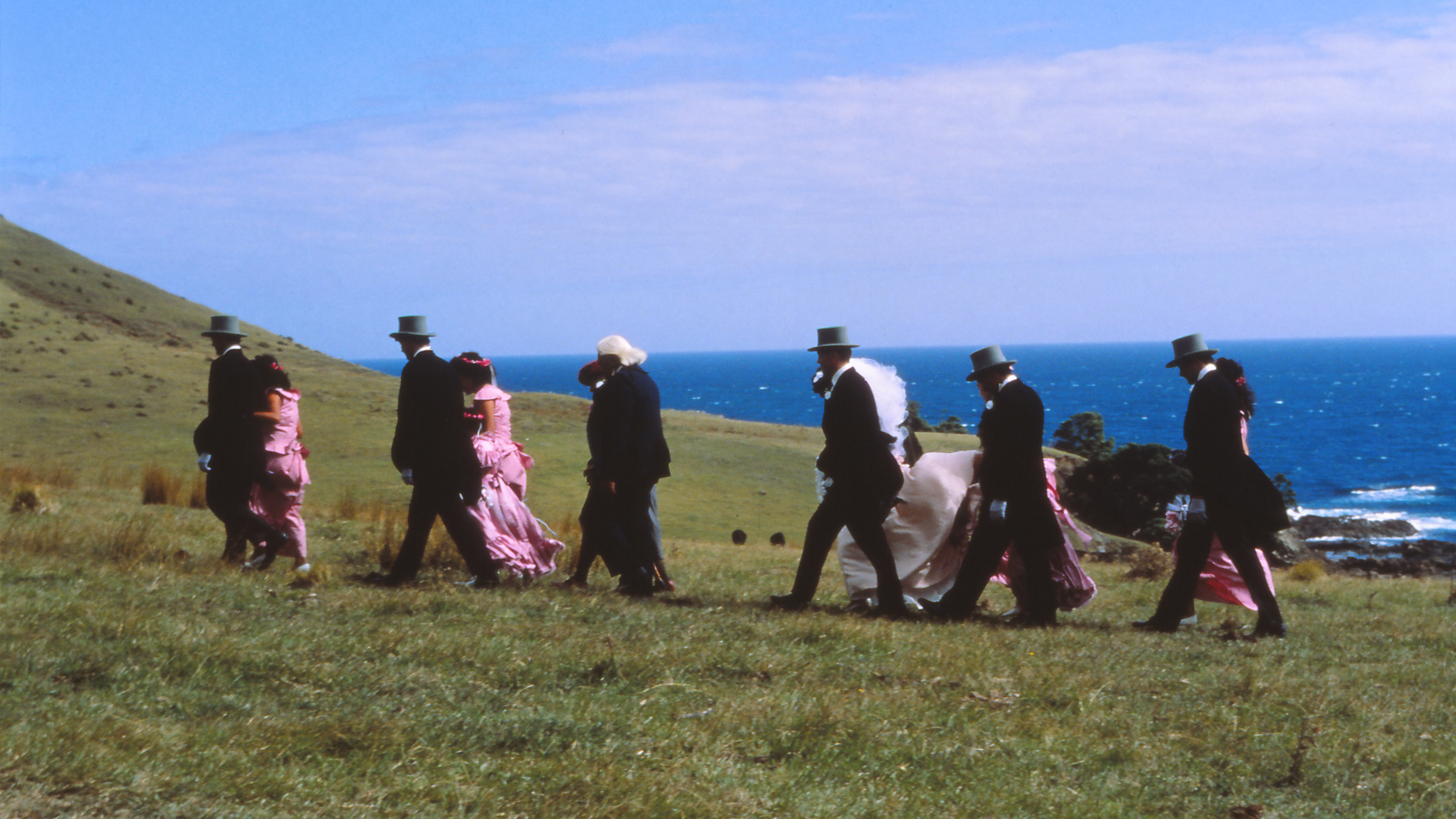
“How can we take that maverick yet fond friend of ours—the camera—into the Māori community and be confident it will act with dignity?” Barry Barclay, “Our Own Image”, 1990. Aotearoa, also known as New Zealand, has enjoyed ample screen time in Hollywood and mainstream cinema, but this powerful collection showcases an image of the “land […]
Making Utu
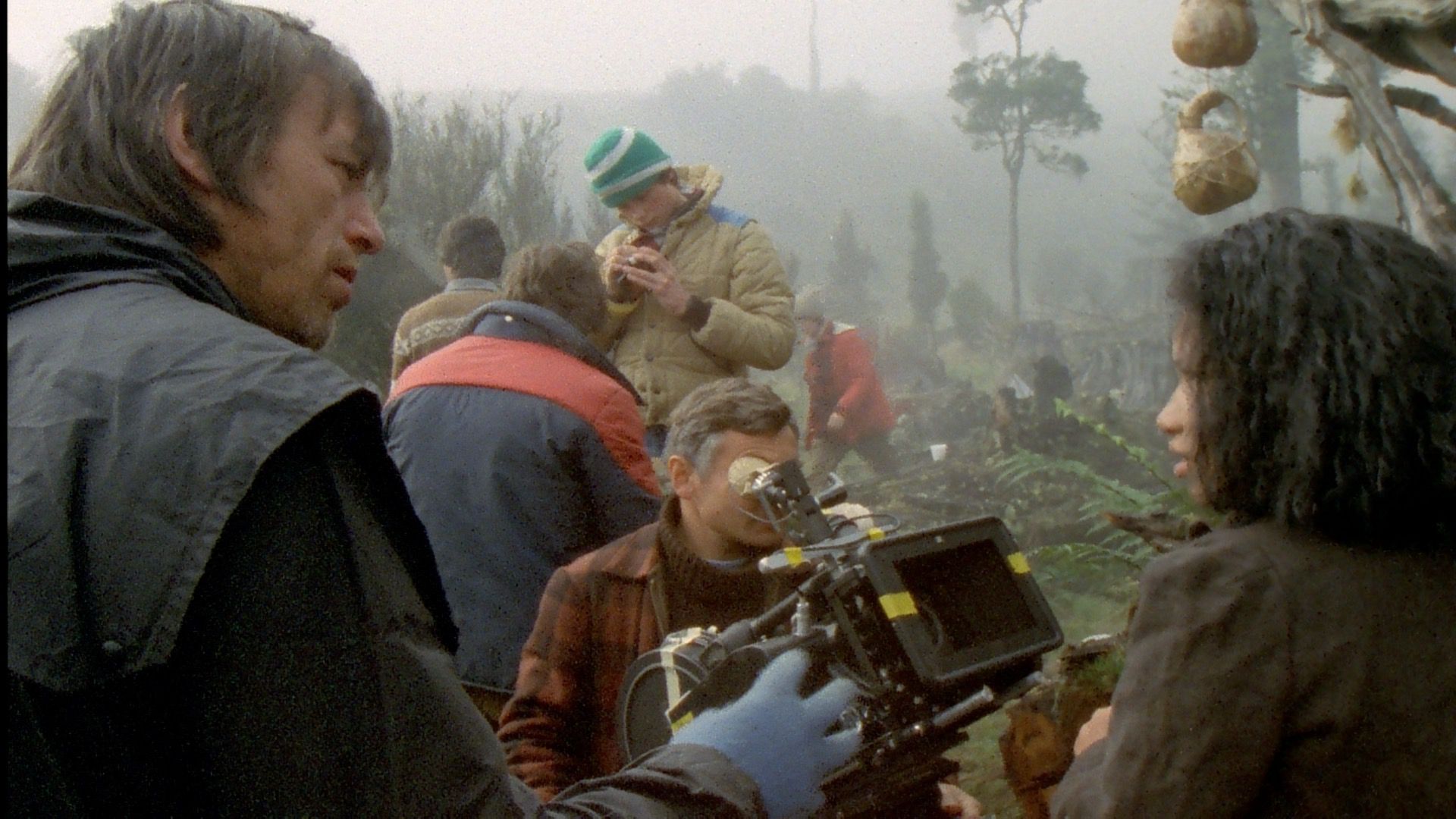
MAKING UTU is a making of documentary filmed on the set of New Zealand’s first epic, UTU (REDUX), produced with little money and dealing respectfully with matters of cultural protocol. “It’s like football innit? You set up the event and cover it…” says Murphy, as he prepares to shoot a battle scene. The film’s insistence […]
In the Turn
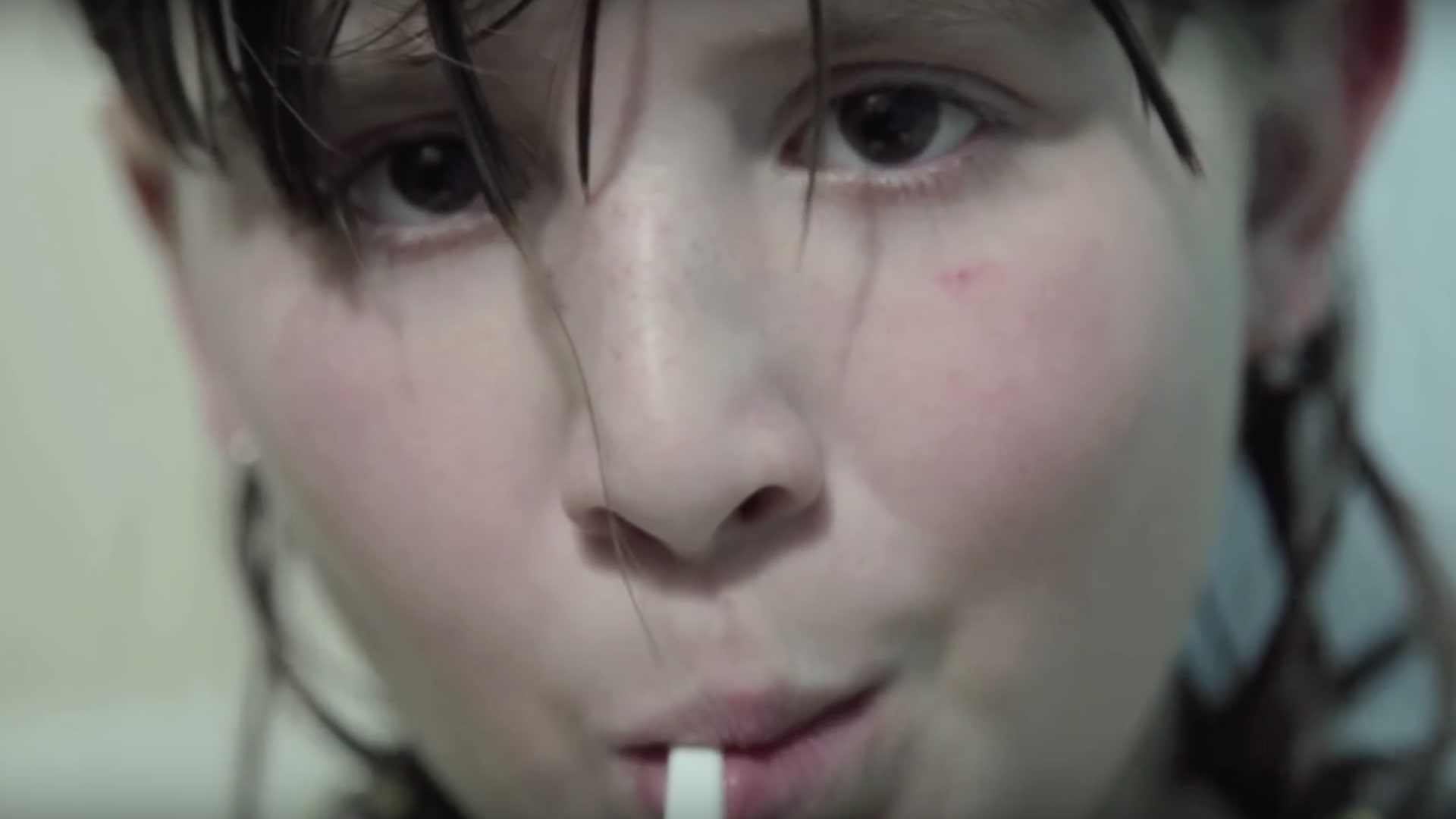
IN THE TURN follows Crystal, a 10-year-old transgender girl growing up in rural Canada, as she navigates the difficult and complicated world that surrounds her. Tormented at school by teachers and peers alike, she faces daily assaults in the form of insults and physical altercations. The pain she endures at school takes a toll on […]
Ken, tov, beseder
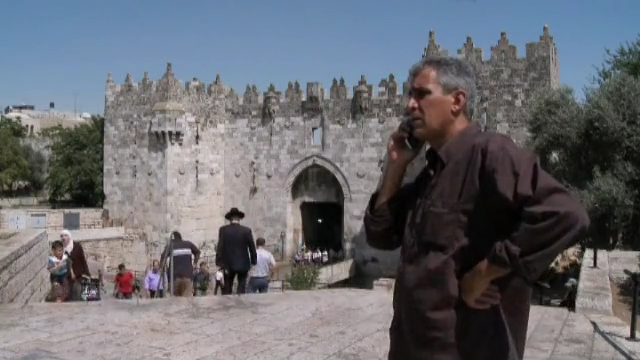
KEN, TOV, BESEDERis a constructed short narrative piece, both allegorical and literal. A Palestinian man working in his garden in West Jerusalem is interrupted. The phone rings, and through the whole piece, as he walks out of his home, through Jerusalem streets, past the Damascus gate, out past settlements and the wall, he is speaking […]
Bajo Sospecha : Zokunentu
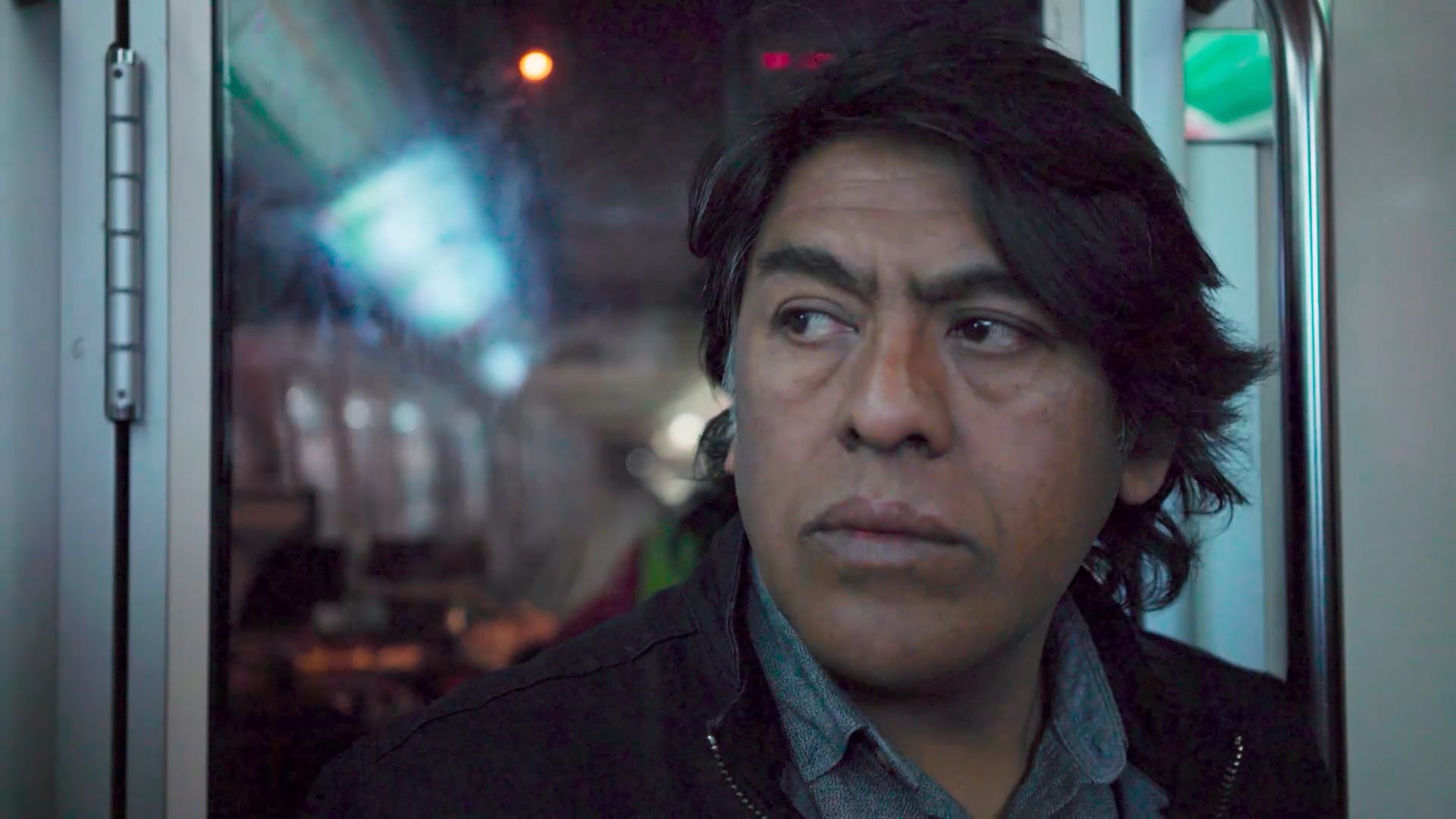
ON SUSPICION: SOKUNENTU Narrated in the language of the Mapuche people, the film is a journey through the works of the celebrated Mapuche visual artist Bernardo Oyarzún from the perspective of his nephew, Daniel Díaz, who proposes a reflection on identity, spirituality, territory and racial justice in contemporary Chile. Daniel Diaz Oyarzun is a comic […]
I Would Like to Visit

I WOULD LIKE TO VISIT is a close up of a computer screen onto which someone is typing and editing text on a word-processing software. The process of text editing turns a simple desire to travel, into a complex paragraph that is soundtracked by the anxiety of having to deal with racist travel visas, immigration […]
Cinema Politica co-presents DEIR YASSIN REMEMBERED screening & discussion with b.h. Yael and Independent Jewish Voices
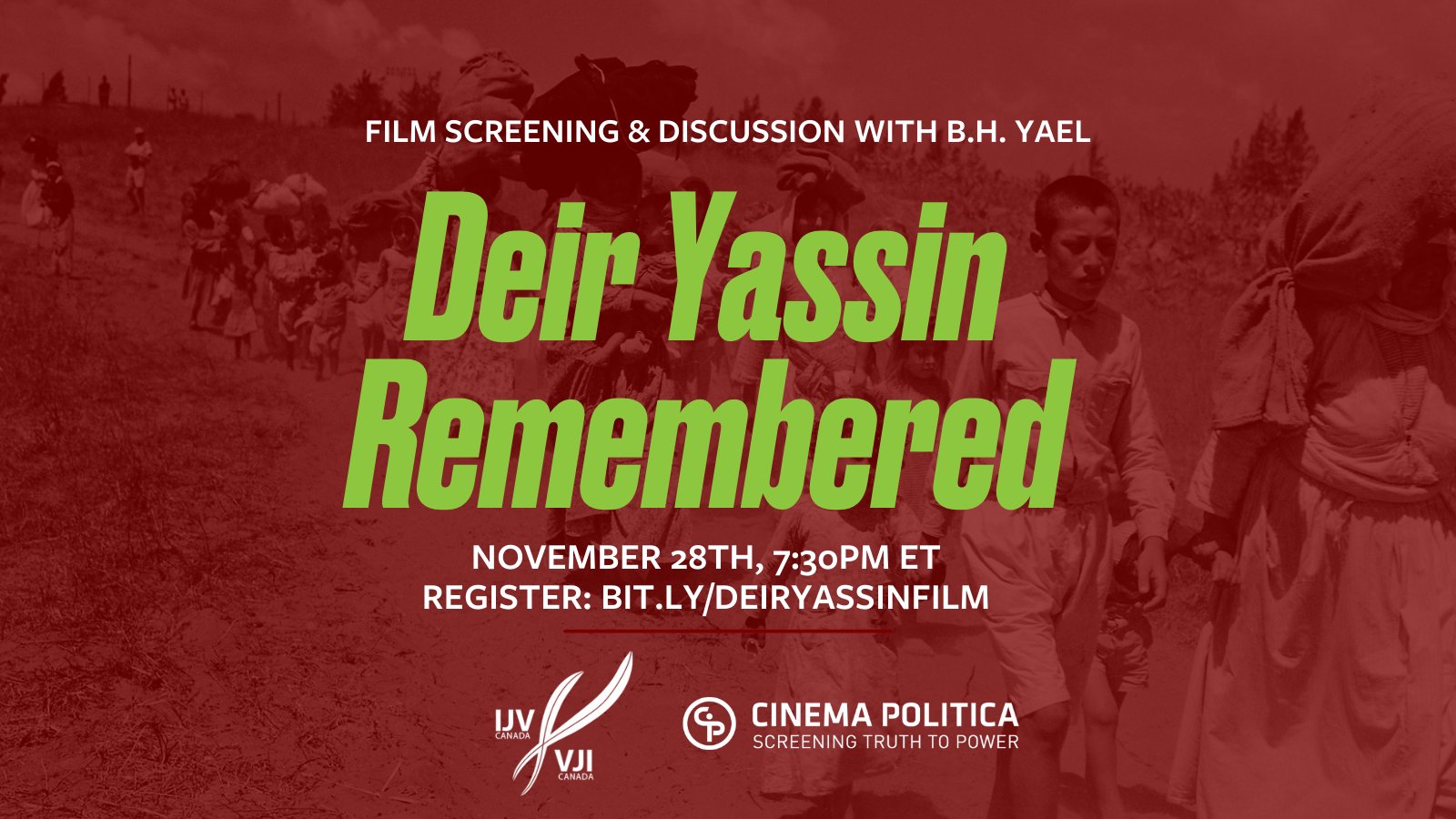
On November 28th at 7:30pm (ET), Independent Jewish Voices (IJV) and Cinema Politica warmly welcome you to a film screening of DEIR YASSIN REMEMBERED, followed by a discussion with director and IJV member b.h. Yael. DEIR YASSIN REMEMBERED considers the repercussions of a largely forgotten massacre of approximately 100 Palestinians in 1948.
Singing Back The Buffalo Opens In Theatres Across Canada
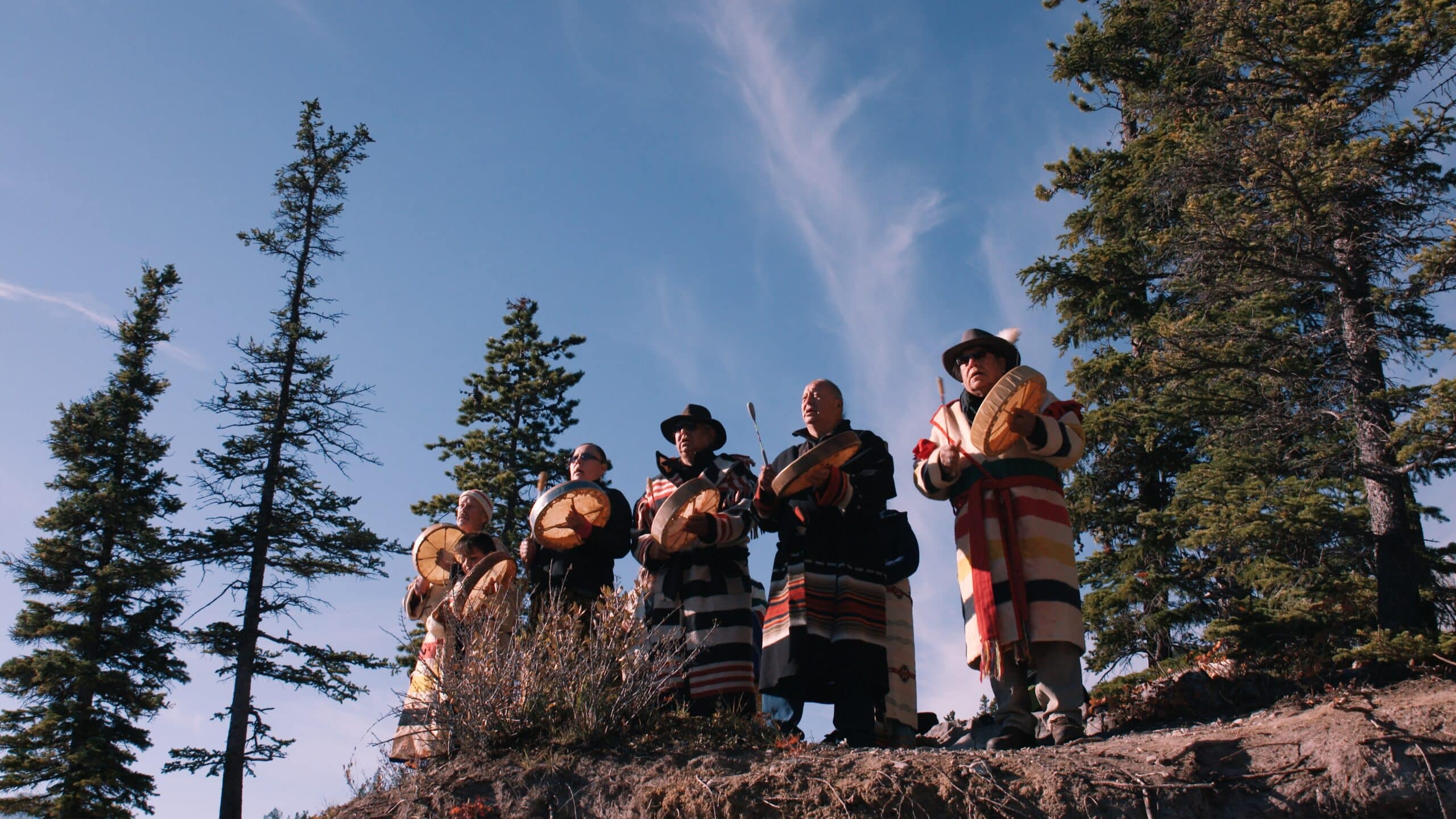
SINGING BACK THE BUFFALO, the new feature length documentary from award-winning Cree filmmaker Tasha Hubbard, opens in select theatres across Canada!
Moug (Waves)
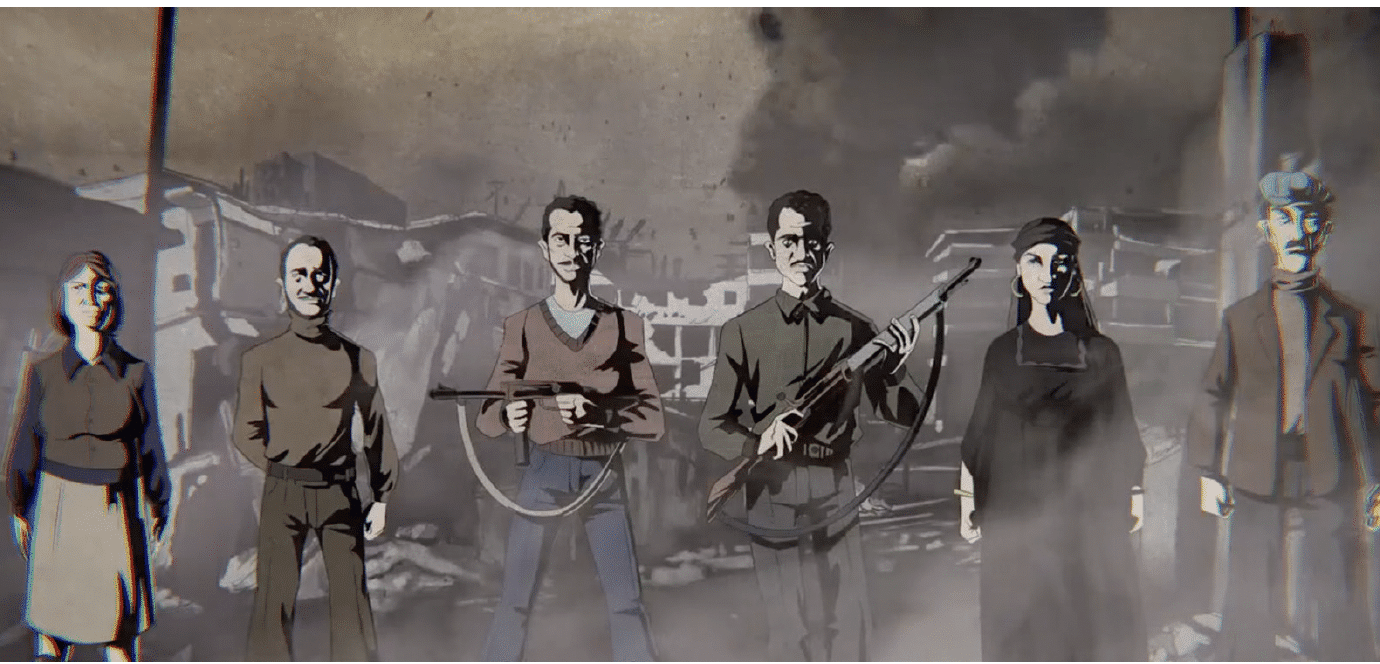
Using an artistic combination of documentary footage, archive images, animation scenes, animated characters representing the family members of the filmmaker, and his own voice-over, the director tells the story of himself and of his generation, born with the birth of Mubarak’s rule in the early 80s of last century, and of his forgotten home city, […]
Recording: Fluid Frames from the Palestinian Diaspora
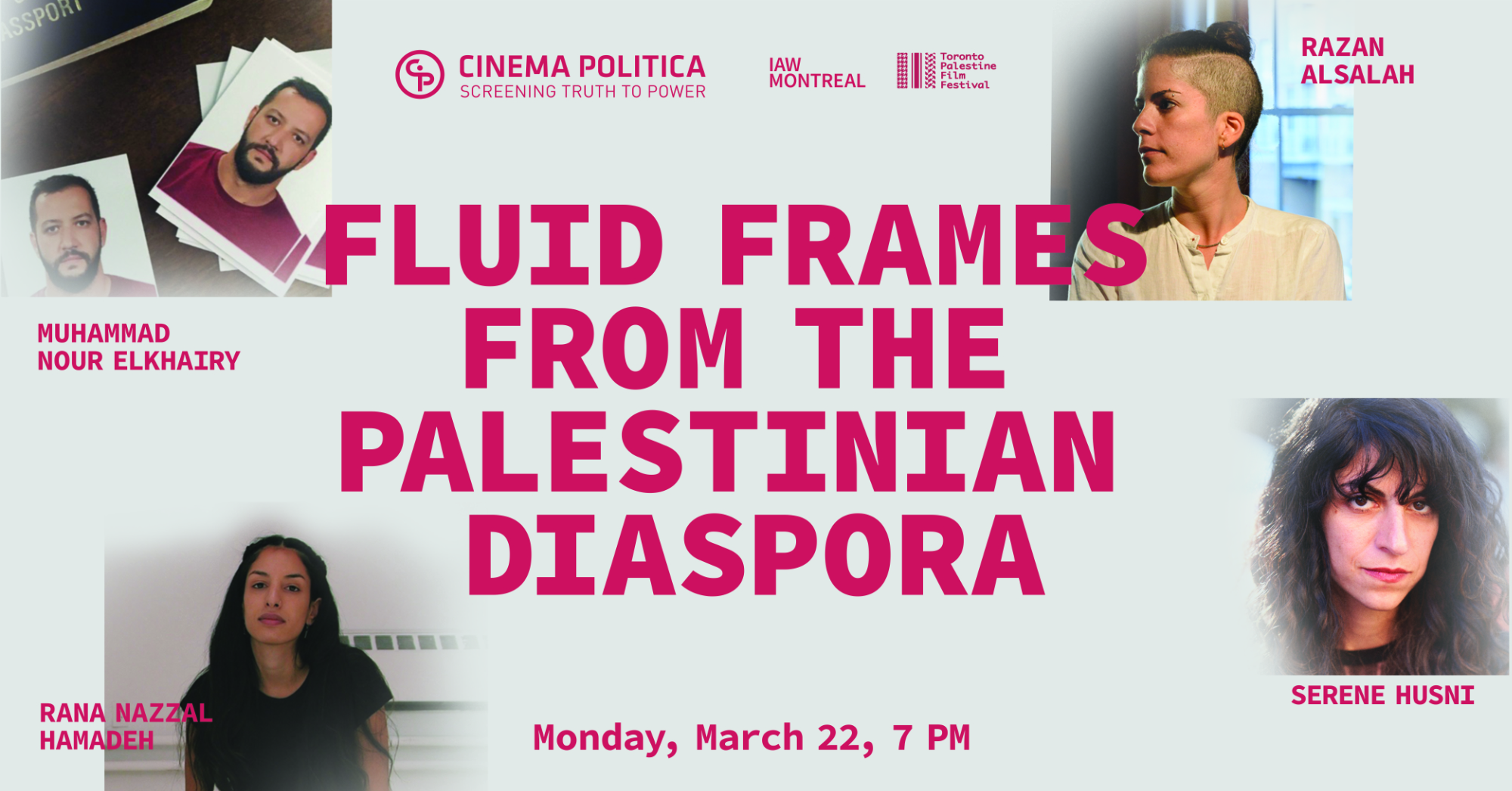
FLUID FRAMES FROM THE PALESTINIAN DIASPORA showcases work from Palestinian filmmakers based in the country known as Canada. This live-stream discussion featured filmmakers Muhammad Nour-Elkhairy, Razan AlSalah, Rana Nazzal Hamadeh and Serene Husni …
Local Spotlight: CP Charlottetown
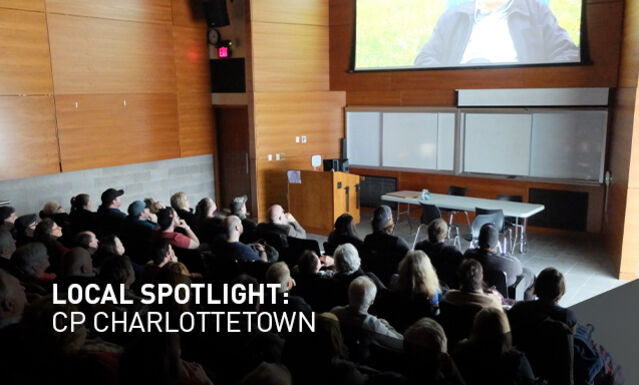
“[T]he collective has become a vital part of the Charlottetown scene, and the Island-wide movement for positive change on all fronts—environmental, social and political.”
Waru
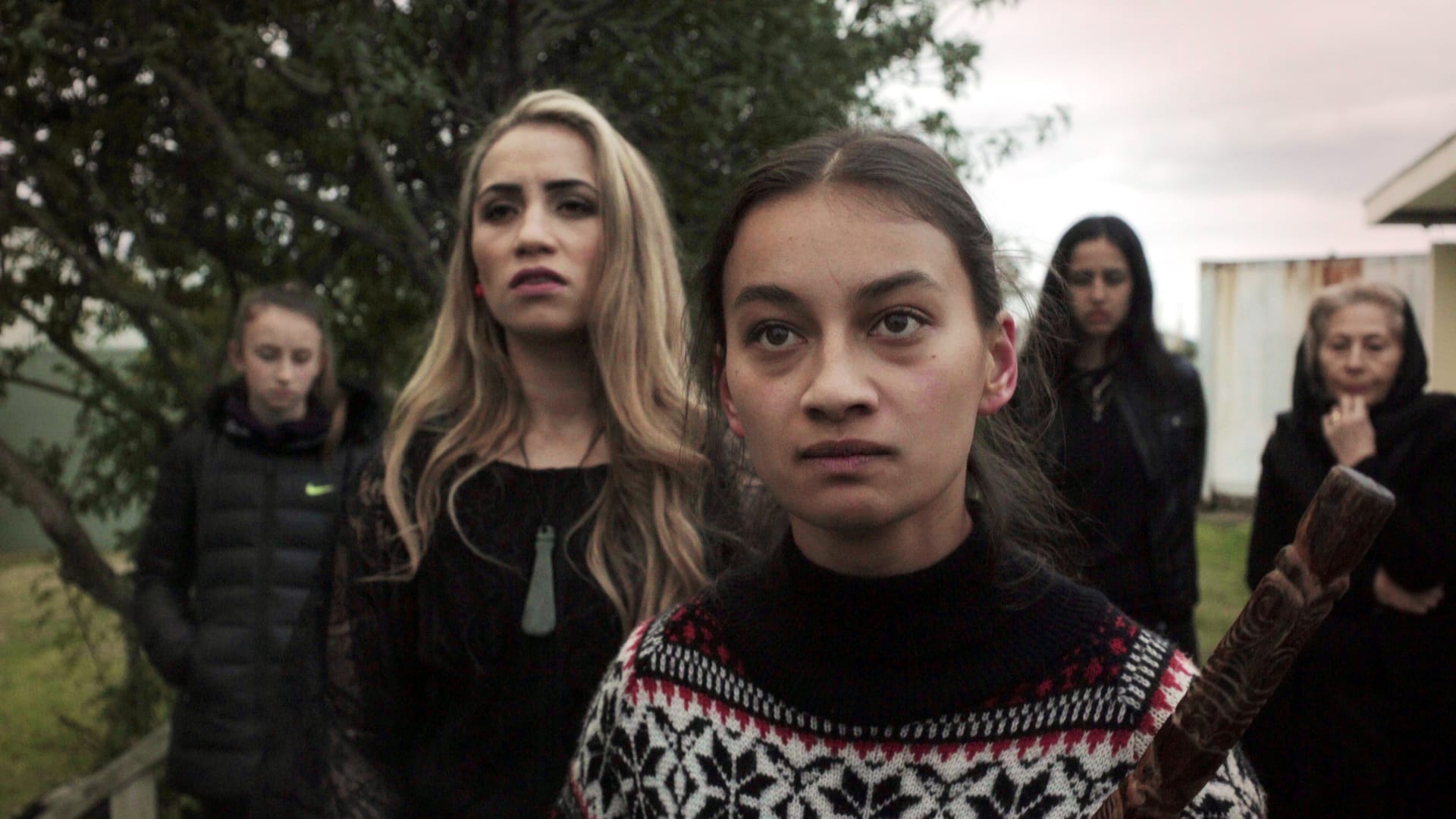
Nine female Māori filmmakers contributed eight ten minute vignettes, presented as a continuous shot in real time, that unfold around the tangi (funeral) of a small boy (Waru) who died at the hands of his caregiver. The vignettes are all subtly interlinked and each follow one of eight female Māori lead characters during the same […]
Browse Our Latests Educational Catalogue
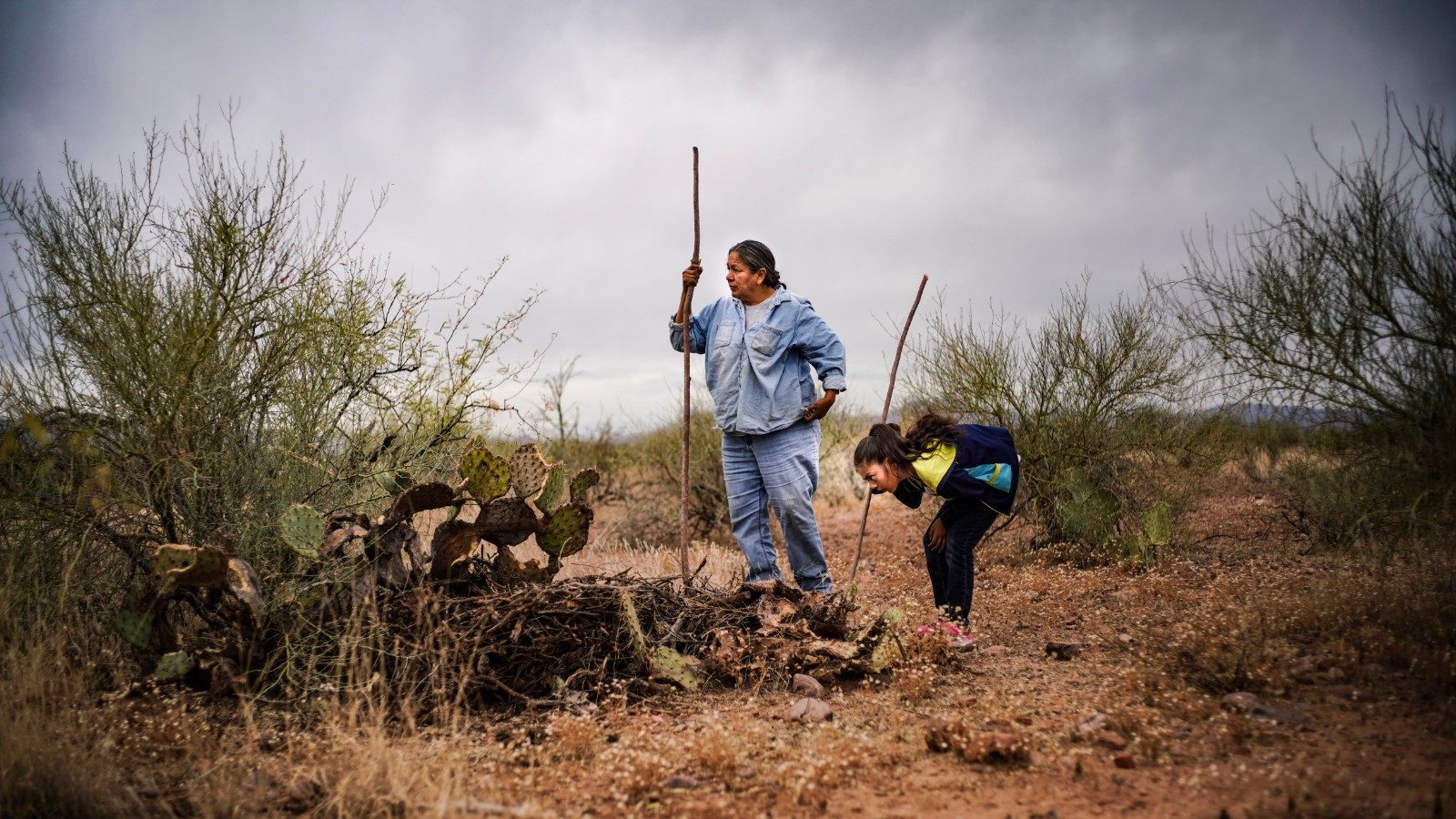
We are unveiling Cinema Politica’s 2022-2023 Educational Catalogue! This stunning 135 title catalogue includes films covering an impressive breadth of topics, subjects, and academic disciplines.
Dawnland
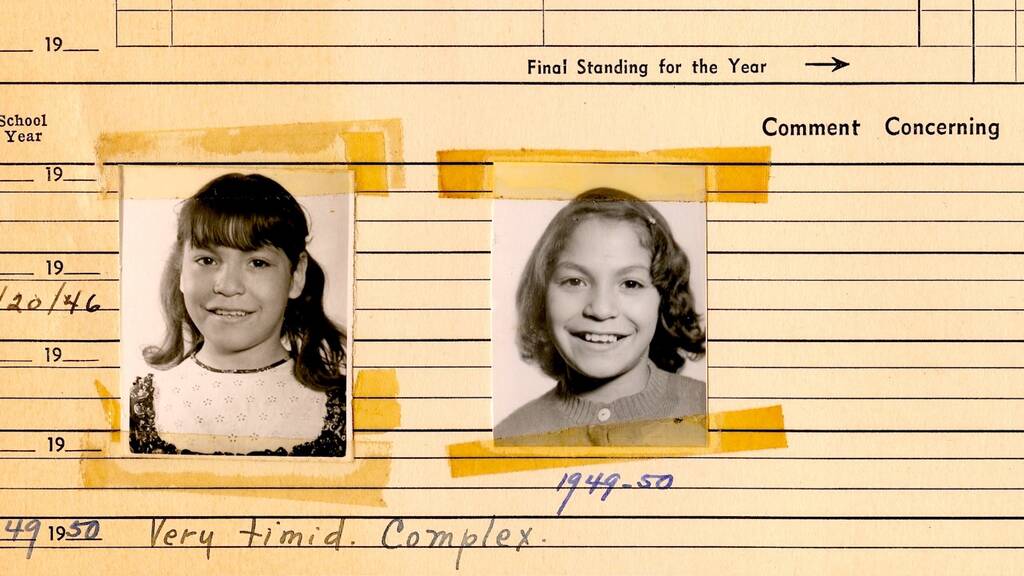
“My foster mother told me … she would save me from being Penobscot.” For most of the 20th century, government agents systematically forced Native American children from their homes and placed them with white families. As recently as the 1970’s, one in four Native children nationwide were living in non-Native foster care, adoptive homes, or […]
Cinema Politica Acquires THIS STAINED DAWN for Distribution
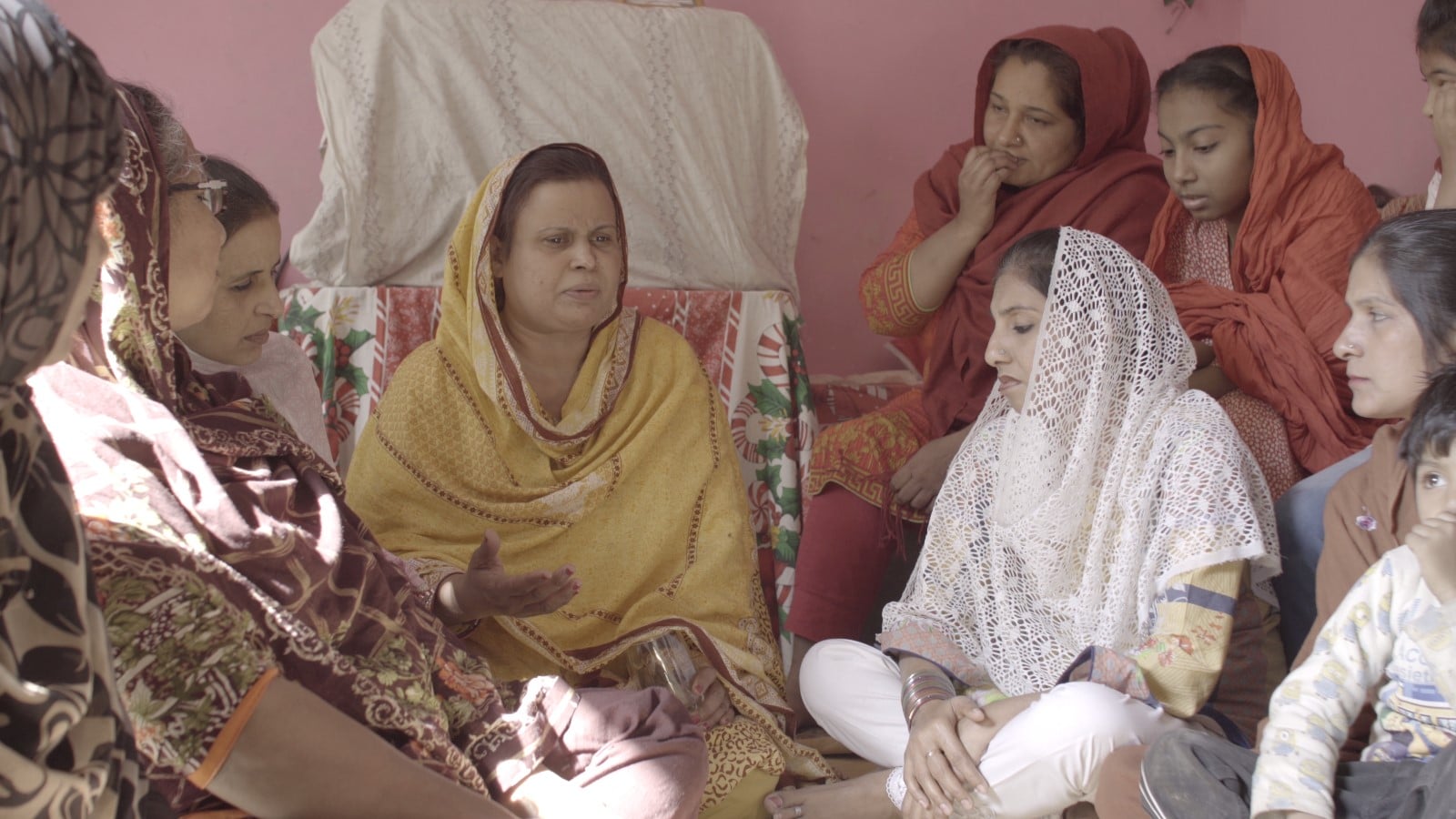
Cinema Politica acquires up THIS STAINED DAWN – Anam Abbas standout feature directorial-debut that follows Karachi’s feminist movement in preparation for the Pakistan’s multi-city Aurat March.



